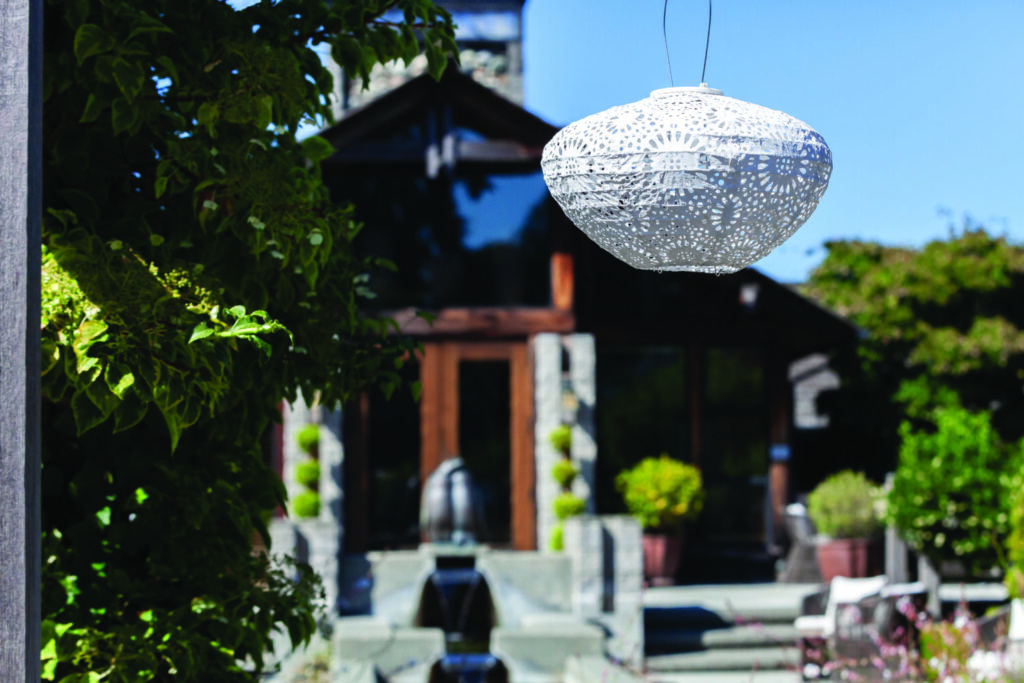
Green gifting: Sustainable and eco-friendly trends in garden gifts
Sustainability is not just a moment; it’s a movement.
Both consumers and brands place value on products that are environmentally friendly and are sustainably sourced, and the gift market is no exception. Green gifting benefits both the giver and the recipient and sends a double message: I care about both you and the environment. And when a gift has a backstory or started life as a different product, that can spark interesting conversations.
Many consumers are familiar with the phrase “reduce, reuse, recycle,” the principles of which are the heart of sustainable manufacturing processes. The term “upcycle” is another buzzword, and it is associated with the “reuse” precept, as it refers to an object or material that would have been thrown away but is given a second chance at life by being converted into another object.
To illustrate this concept, Alchemy Goods upcycles bike tubes or seat belt webbing to create a unique line of durable gifts, including backpacks, belts, wallets, shoulder bags and zipper pouches. The company also upcycles old vinyl banners from events or even full-sized interstate billboards.
“Alchemy means turning something into gold; in our case, it’s turning tubes into bags,” says Davidson Lewis, owner of Alchemy Goods.
“The whole ethos of the brand is reducing waste streams and creating useful, stylish, functional products for daily use,” he says. “We like to make sure it’s made first and foremost from a material that would have been in a landfill otherwise.”
The company partners with bike shops, billboard companies, seat belt manufacturers and trade show centers to source materials. Some products appeal to vegan customers, such as their Franklin wallets vegan “leather” wallets made from reclaimed bicycle inner tubes, a bestseller for the company.
There is no limit to the category of gifts in which sustainable processes can be applied. For its 2023 kids’ gift line, Mud Pie introduced wheat straw toys.
“Wheat straw is a natural, plant-based filler that is incorporated with plastic and forms an eco-friendlier material than traditional plastics,” says Lauren Brekke, vice president of merchandise at Mud Pie.
Started by a father-daughter team, Allsop Home & Garden is known for its decorative solar lanterns in an eclectic variety of patterns and colors.
“Our patented, innovative Soji Stella solar lanterns that feature long lasting DuPont Tyvek fabric continue to be bestsellers in their category,” says David Brewin, owner of Allsop Home & Garden. “We’ve continued to add to our solar line in 2023 with new shapes and designs in both Tyvek fabric and hand blown glass. Additionally, solar lanterns purchased from Allsop Home & Garden are unique in that each and every part can be recycled, refurbished or replaced. Our goal in design is longevity regardless of the price point of the item.”
Another family company is Gifts that Bloom, owned by Lisa Nevit and her daughter Blair. The company focuses on indoor garden kits; gifts that grow in the earth are inherently eco-friendly. Some examples are their Burlap Garden Bags, Garden Grobags, Garden Grocans and Shaker Garden Cans. They also manufacture Wildflower Seed Bombs and bookmarks that include a seeded paper flower.
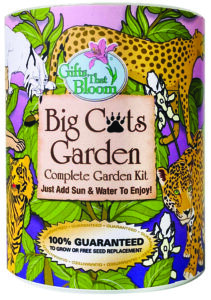
“The Grocans include a biodegradable fiber pot, pea pellet and disc of soil and come with seed and planting instructions. They grow in a leakproof can and can be grown anytime of the year,” Nevit says. And if the flowers grow too large, the biodegradable fiber pot can be placed in the ground.
She said that the Shaker Garden Cans are very popular, with one available for every state in the U.S. that include wildflower seeds native to that state. The company plans to introduce a succulent line in 2023 and will focus on gift packages.
“Everything in our cans is recyclable; we are 100% eco-friendly in all of our items,” Nevit says, and that includes the packaging.
Costa Nova and Casafina, owned by Grestel, manufactures and designs tableware and accessories made of fine stoneware. Its Ecogres collection, for example, is made with recycled raw materials; in 2023, the company is launching its Festa line of recycled stoneware.
Demand and Brand Identity
Like many companies, offering at least a selection of eco-friendly products often is interwoven into a corporate brand identity.
“Developing natural, eco-friendly product is important to Mud Pie because the end consumer has become more and more conscious of sustainability practices and how to better protect our environment. We strive to provide our retailers with quality, trend-forward product while keeping in mind how alternative materials can make an impact on a global scale,” Brekke says.
The solar lamps made by Allsop parallel the founders’ enthusiasm for the outdoors, and creating long-lasting and sustainable products has always been part of the company’s vision, particularly as there is a growing demand among shoppers for eco-friendly products.
“Consumers today are more educated about the environment than ever before and there continues to be strong messaging regarding making a difference by shopping for eco-friendly and sustainable products. We’re now at a point where customers are actively seeking out solar products because of their benefits over traditionally powered products,” Brewin says.
In addition to the inherent energy savings, other benefits of solar lamps include ease of use, as they do not need to be plugged in, and long-lasting, rechargeable batteries.
Lewis agrees that there will be an uptick in the creative reuse of materials and that the demand for sustainable gifts is continually trending upward. “People are looking to make purchases that will align with interests of either being a conscious consumer or reducing waste or reducing environmental impacts,” Lewis says.
These types of gifts are also conversation starters, particularly when a gift started off life as something else, such as the bike tubes that form the basis of Alchemy Goods’ wallets or belts.
Nevit said that she’s noticed gift shops appreciate that her products are eco-friendly and believes it makes them more apt to buy from her. Brewin said that he expects that recycled or long-lasting sustainable materials including solar will continue to lead the eco-friendly market in 2023.
“At Costa Nova, we see our products and operations as part of a long lifecycle and are committed to taking better care of the community and of the world. The effort to go green and to minimize our impact on the environment is always a work in progress,” says Matt Hullfish, vice president of sales and general manager of Grestel.
For an enhanced reading experience, view this article in our digital edition.


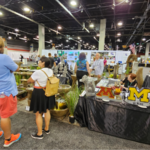



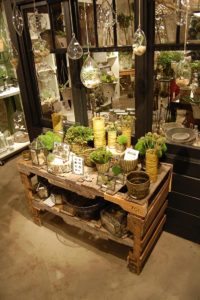
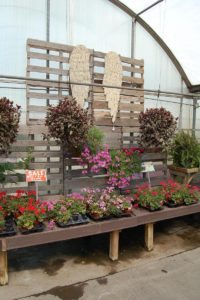
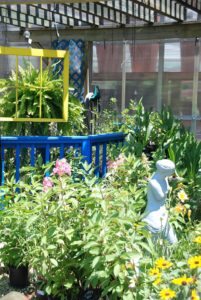
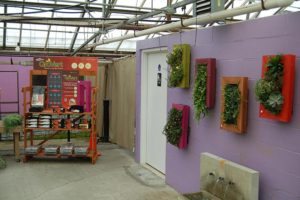
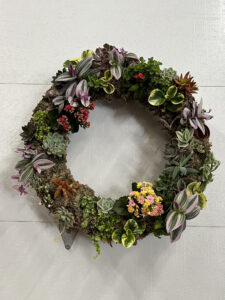
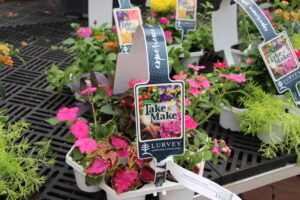
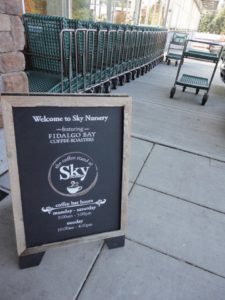
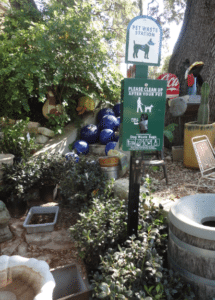
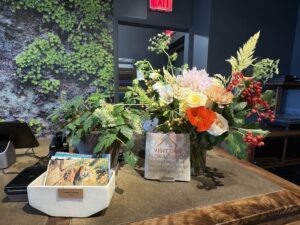
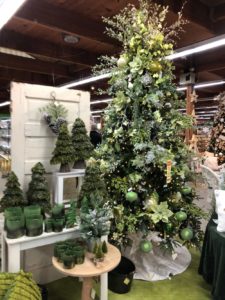
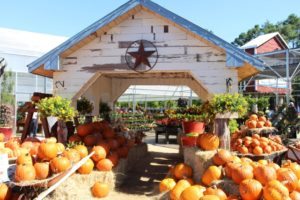
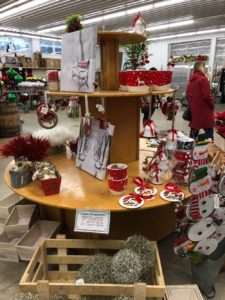
 Videos
Videos





